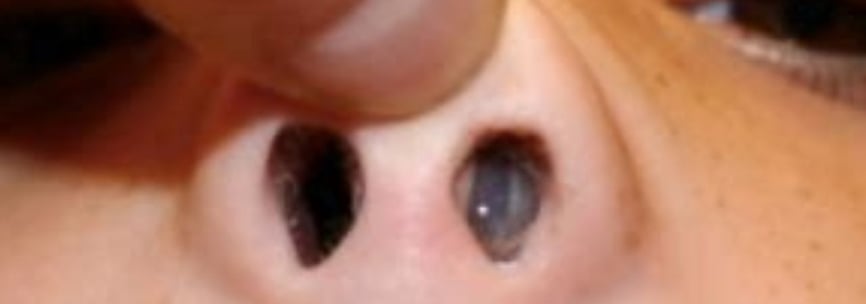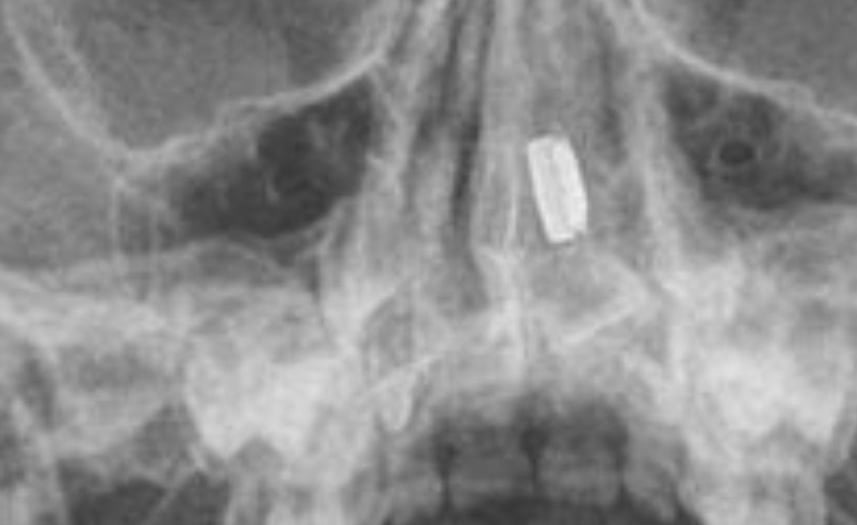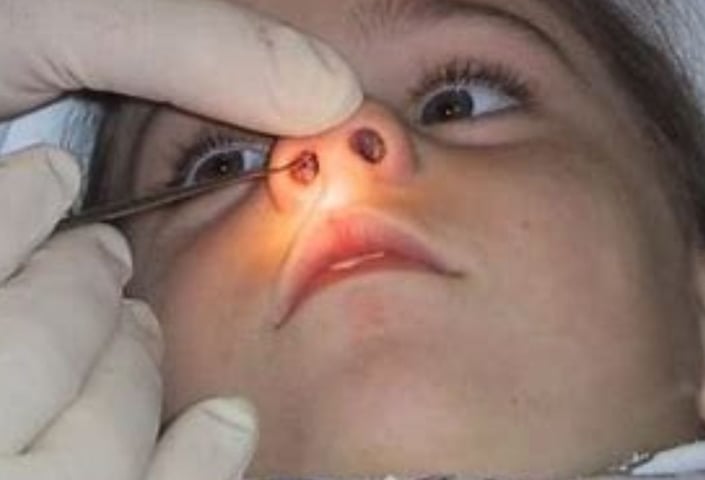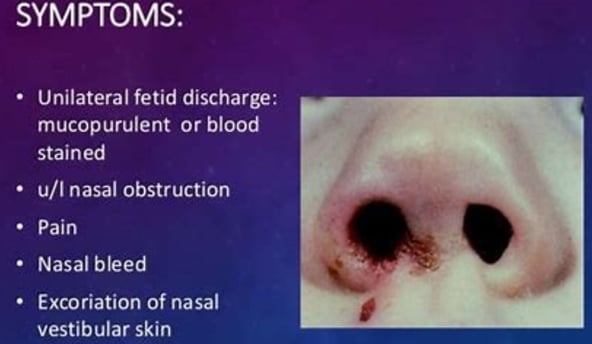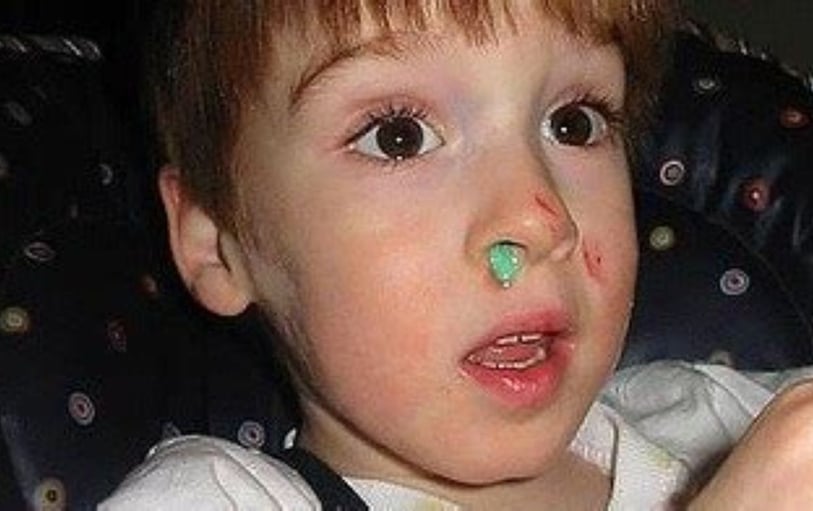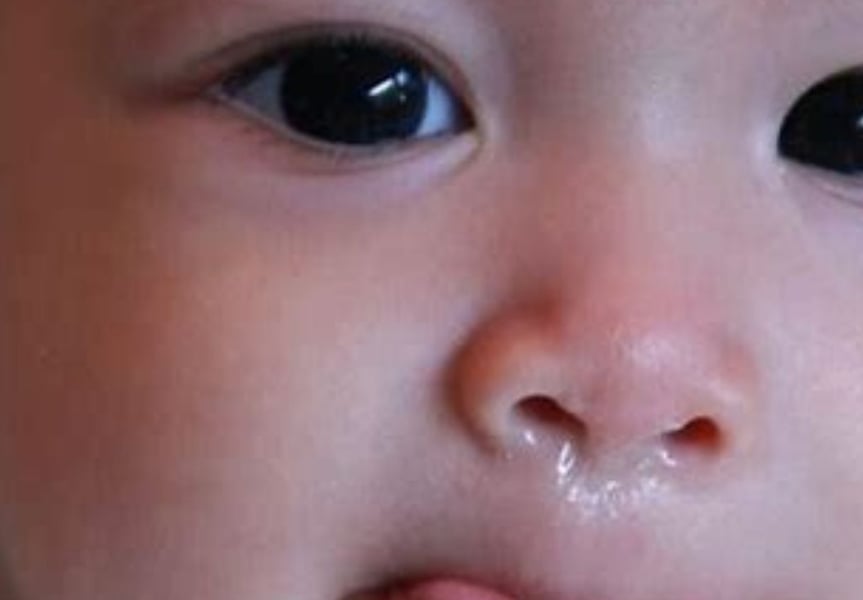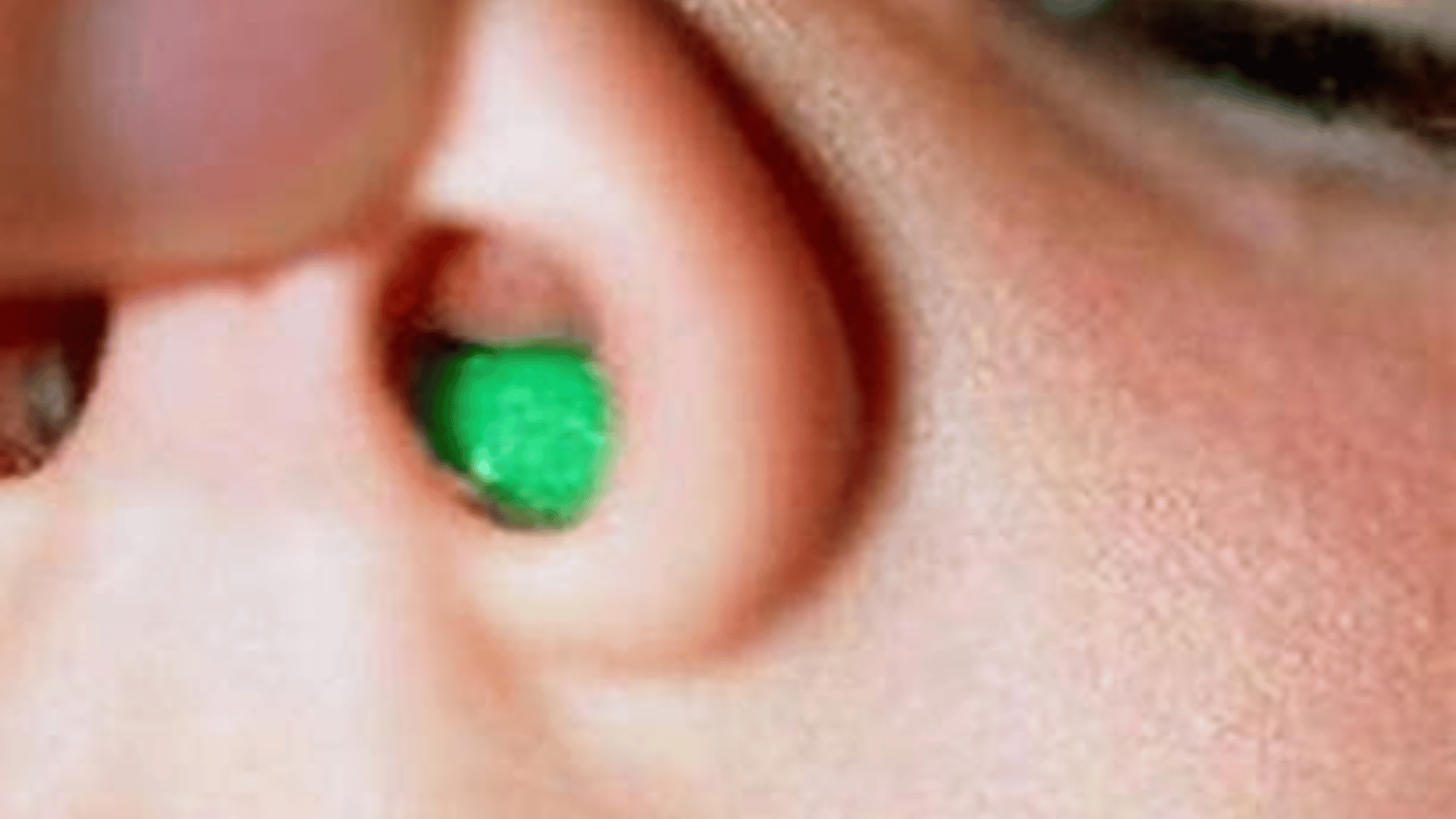
Foreign Objects in the Nose
Discover why it's risky to insert foreign objects in the nose and learn how to avoid emergency surgery. Find out how honey can reduce inflammation. Know what to do if a foreign body gets stuck in t...
EAR NOSE AND THROATS OTOLARYNGOLOGY
Dr Hassan Alwarraqi
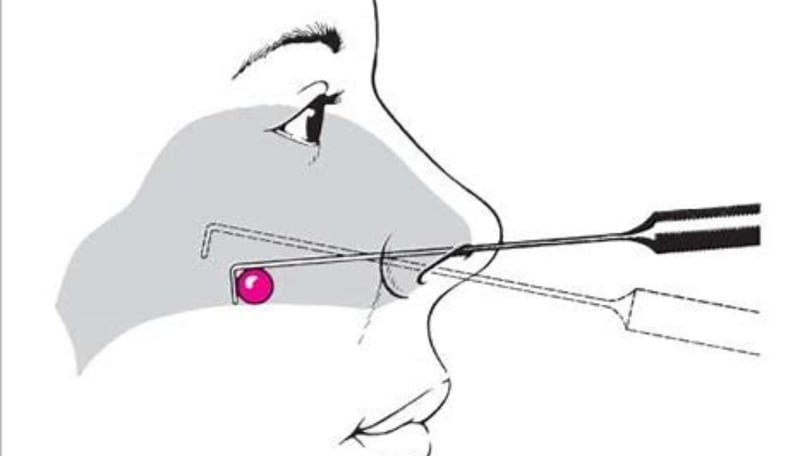

Dangers of Throwing Foreign Objects in Nose
How to throw an object from the nose foreign body
It is not safe to throw an object from the nose. It could damage your nose, throat, or lungs.
Here are some additional tips for dealing with an object in the nose:
If you or someone you know has an object in their nose
Do not try to remove the object yourself. This could damage the nose or cause the object to become more deeply lodged.
Try to keep the person calm. Panicking can make it more difficult to breathe.
Have the person breathe through their mouth.
If the object is partially blocking the nostril, try to blow it out gently. You can also try using a saline nasal spray to loosen the object.If the object is completely blocking the nostril,
Treatment of foreign body
The treatment for an object in the nose depends on the size and type of object,
as well as its location in the nasal cavity. In most cases, the object can be removed using a special instrument called a nasal speculum.
If the object is large or difficult to reach, the doctor may need to use a suction device or other instruments.
In some cases, the doctor may need to perform a minor surgery to remove the object. This is usually done under general anesthesia.
Prevention of foreign bodies in the nose
The best way to prevent objects from getting into the nose is to supervise young children closely when they are playing with small objects.
It is also important to teach children not to put objects up their nose.
additional tips:
Keep small objects out of reach of young children.
Cut food into small pieces for young children.
Avoid giving children toys that are small enough to fit up their noses.
Teach children not to put their fingers or other objects up their nose.
It can be anything from a small bead to a food particle to a toy.
Objects in the nose are most common in children under the age of 5, but they can occur in people of all ages.
Symptoms of an object foreign body in the nose
Nasal congestion
Difficulty breathing through the nose
A runny nose from one nostril
Nosebleeds
Sneezing
Coughing
A feeling of fullness in the nose
A foul odor from the nose one side
Treatment for an object foreign body in the nose
This can happen to children who are curious and like to experiment with different things, or to adults who accidentally inhale something.
Some common objects that can get stuck in the nose are:
small toys or parts of toys
beads
pieces of eraser
tissue
clay
food
pebbles
dirt
button batteries
paired disc magnets
Some of these objects can be more dangerous than others, especially if they contain chemicals, can swell up, or can damage the tissue inside the nose.
button batteries can burn the nose or go into the stomach, and paired disc magnets can pinch the nasal lining.
These are medical emergencies due to damage if left untreated.
However, if you are an adult and the object is not dangerous, you can try to blow it out by following these steps:
Sit down and lean forward slightly.
Hold your finger over the nostril that does not have the object in it.
Blow gently through the other nostril. Do not blow too hard or too fast, as this could hurt your ears or sinuses.
Repeat until the object comes out or you feel it move.
If the object does not come out or you feel any pain, stop and see a doctor.
How to remove a foreign body from the nose, Dr. Hassan
How to expel a foreign body from the nose
Bad-smelling discharge on one side in children only
Block the good side of the nostril and push mouth-to-mouth
Mostly the foreign body is extruded
The method of blowing air is expelling air from the mouth of the doctor or from the mouth of one of the parents.
Blowing air causes the foreign body to be expelled out of the nose.
If the attempt or attempts fail, you must go to the doctor you my need to go to hospital.
keywords
foreign,body,nose,throat,lungs,emergency,bad,smell,button,battery,surgery,Blowing air causes the foreign body to be expelled out of the nose,If the attempt or attempts fail, you must go to the doctor ,you my need to go to hospital,
Foreign Objects in the Nose
A Comprehensive Guide to Causes, Symptoms, Treatment, and Prevention
Foreign objects in the nose are a common issue, particularly among children, due to their natural curiosity and tendency to explore their surroundings.
These objects can range from small toys to dangerous items like button batteries, requiring careful and prompt handling.
This article explores the causes of foreign objects in the nose, their symptoms, diagnosis, removal methods, potential complications, and top prevention tips, optimized for SEO to reach the target audience effectively.
What Are Foreign Objects in the Nose?
A foreign object is any item or material inserted into the nasal cavity, intentionally or accidentally.
This issue is most prevalent in children under five but can also occur in older children or adults in rare cases. Common objects include:
Small toys
Food particles or candies
Seeds or pebbles
Button batteries (highly dangerous)
Magnets or paper pieces
Keywords: Foreign objects in nose, children, button batteries, nasal hazards
Causes of Foreign Objects in the Nose
Natural Curiosity: Children often explore their bodies by placing objects in their noses or ears.
Imitating Peers: Kids may mimic others during playtime.
Accidental Incidents: Objects may enter the nose during sleep or while sniffing something.
Lack of Supervision: This can occur when children are not closely monitored.
Keywords: Child curiosity, causes of foreign objects, parental supervision
Symptoms of a Foreign Object in the Nose
Symptoms vary based on the object’s type and duration in the nose, including:
Nasal Discharge: May be clear, gray, bloody, or foul-smelling, indicating infection.
Breathing Difficulty: Blockage in one nostril, causing trouble breathing or wheezing.
Pain or Pressure: Discomfort in the nose or forehead.
Foul Odor: Often a sign of a long-standing object.
Other Symptoms: Sneezing, coughing, or nosebleeds.
Real-Life Example: In one case, a child experienced a foul odor and black discharge for seven months, later traced to a button battery lodged in her nose.
Keywords: Symptoms of foreign object in nose, nasal discharge, foul smell from nose
Diagnosing the Condition
If a foreign object is suspected, consult a doctor immediately. Diagnosis includes:
Clinical Examination: Using a lighted tool to inspect the nasal cavity.
Swab Analysis: Testing discharge for bacteria or infection.
X-rays: Used in some cases to locate metallic objects like button batteries.
Tip: Avoid attempting removal at home unless you’re certain it’s safe.
Keywords: Diagnosing foreign object, nasal X-ray, ENT specialist
How to Remove Foreign Objects from the Nose
At Home (With Caution):
Gentle Blowing: Ask the child to blow their nose gently to expel the object.
Tweezers: Use for larger objects only, avoiding pushing the item deeper.
Blow Technique: Close the unaffected nostril and gently blow into the child’s mouth to dislodge the object.
Avoid Mistakes: Do not use cotton swabs or fingers, as they may worsen the situation.
At the Hospital:
Doctors use specialized tools like forceps or suction devices.
Local anesthesia may be applied to reduce discomfort.
Antibiotics or nasal drops may be prescribed to prevent infection.
Keywords: Removing foreign object from nose, nasal treatment, pediatric emergencies
Potential Complications
If untreated, a foreign object can lead to:
Chronic nasal or sinus infections
Persistent bleeding or septal ulcers
Tissue damage, especially with button batteries, which may cause chemical poisoning
Keywords: Complications of foreign objects, nasal infection, button battery risks
Preventing Foreign Objects in the Nose
Close Supervision: Monitor children during play, especially with small toys.
Education: Teach kids about the dangers of inserting objects into their noses.
Safe Toys: Avoid toys small enough to fit in the nose.
Watch for Symptoms: Seek medical advice if unusual discharge or odors persist.
Keywords: Child safety, toy safety, educating kids
When to See a Doctor
If home removal attempts fail
Symptoms like foul odor, abnormal discharge, or breathing difficulty appear
Suspected presence of dangerous objects like batteries or magnets
Keywords: Pediatrician, medical consultation, emergency cases
Conclusion
Foreign objects in the nose are a common yet potentially serious issue that can range from minor to critical if ignored. Through vigilant supervision, education, and prompt action, risks can be minimized, and complications avoided. If you notice unusual signs in your child, consult a specialist immediately to ensure their safety.
Additional Keywords: Child health, nasal safety, first aid for kids
SEO Optimization Notes:
Used long-tail keywords like “symptoms of foreign object in nose” and “removing foreign object from nose” to target specific searches.
Structured the article with clear subheadings to enhance readability and search engine indexing.
Included a real-life example to boost engagement and credibility.
Maintained an authoritative yet accessible tone to appeal to a broad audience
Frequently Asked Questions About Foreign Objects in the Nose and Breathing Difficulties FAQS
What foreign objects might enter the nose, especially in children?
Due to their curiosity, children may insert small items like tiny toys, eraser pieces, tissues, playdough, food (e.g., fruit seeds or candy), pebbles, dirt, or even small batteries (like watch batteries) and disc magnets into their noses.
The latter are particularly dangerous as they can cause severe nasal injuries quickly.
What are the signs of a foreign object in the nose?
Symptoms may include nasal discharge (clear, gray, or bloody), difficulty breathing through one nostril, whistling sounds during breathing, pain or pressure in the nose or forehead, foul-smelling nasal discharge (possibly indicating infection), or nosebleeds. Sometimes, a persistent bad odor is the only clue.
What should I do if I suspect a foreign object in my child’s nose? What should I avoid?
Stay calm to reassure the child.
If the object is large and near the nostril, gently try removing it with tweezers.
Avoid using fingers or cotton swabs, as they may push the object deeper.
Prevent the child from sniffing forcefully, which could cause the object to slip further or lead to choking.
If removal fails, seek a doctor or visit the emergency room immediately.
How does a doctor diagnose and treat a foreign object in the nose?
The doctor examines the nose with a lighted tool and may take a swab of nasal discharge to check for infection.
They use specialized tools like tweezers or suction to remove the object, possibly applying a local anesthetic to reduce discomfort.
Antibiotics or nasal drops may be prescribed to treat or prevent infection.
What are the risks of leaving a foreign object in the nose untreated?
Prolonged presence can cause complications like severe nasal or sinus infections, ulcers in the nasal lining or septum, persistent bleeding, or infection spread.
Batteries and magnets can cause serious tissue damage within hours due to chemical reactions or pressure.
Besides foreign objects, what else causes nasal breathing difficulties?
Other causes include sinus infections (acute or chronic), allergies, colds, deviated septum, nasal valve collapse, enlarged turbinates, adenoids, nasal polyps, or rarely, tumors, all of which can block the nose and hinder breathing.
How are breathing difficulties from other causes treated?
Treatment depends on the cause and may involve steroid nasal sprays, antihistamines, antibiotics (for bacterial infections), antifungals, or avoiding irritants.
Surgery may be needed to correct a deviated septum, remove adenoids, reduce turbinates, or open sinuses using balloon sinuplasty.
How can I prevent children from putting objects in their noses?
Avoid giving children small, detachable toys, and teach them not to put anything in their nose, ears, or mouth.
Don’t scold harshly if they do, as it may cause a reaction that pushes the object deeper.
Watch for signs like nasal discharge or bad odors to catch foreign objects early.
